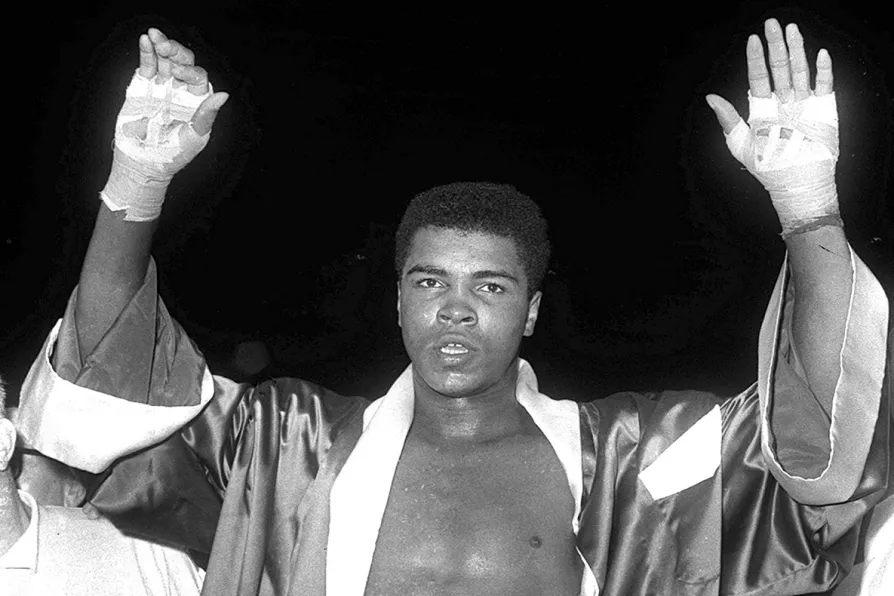
 Muhammad Ali after his victory over British Heavyweight champion Henry Cooper at Wembley, in 1963
Muhammad Ali after his victory over British Heavyweight champion Henry Cooper at Wembley, in 1963
“SIT down, son. It’s all over. No one will forget what you did here today.”
The aforementioned words, spoken by trainer Eddie Futch to Joe Frazier at the end of the 14th round of arguably the most punishing heavyweight fight ever fought, when he faced Muhammad Ali in Manila on October 1 1975, have justifiably gone down in boxing folklore as the best and most humane example of a trainer saving a fighter from himself.
The sheer courage displayed by Futch in pulling his fighter out of the fight at such at late stage was only matched by the courage displayed by Frazier in the final bout of the trilogy he fought against Ali — his nemesis without whom he himself would never have reached the heights he did in the sport.

JOHN WIGHT tells the riveting story of one of the most controversial fights in the history of boxing and how, ultimately, Ali and Liston were controlled by others












